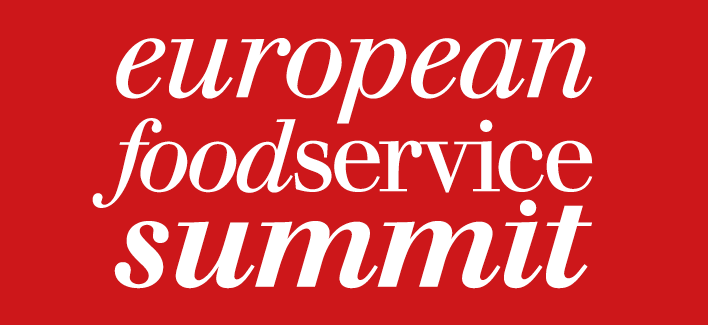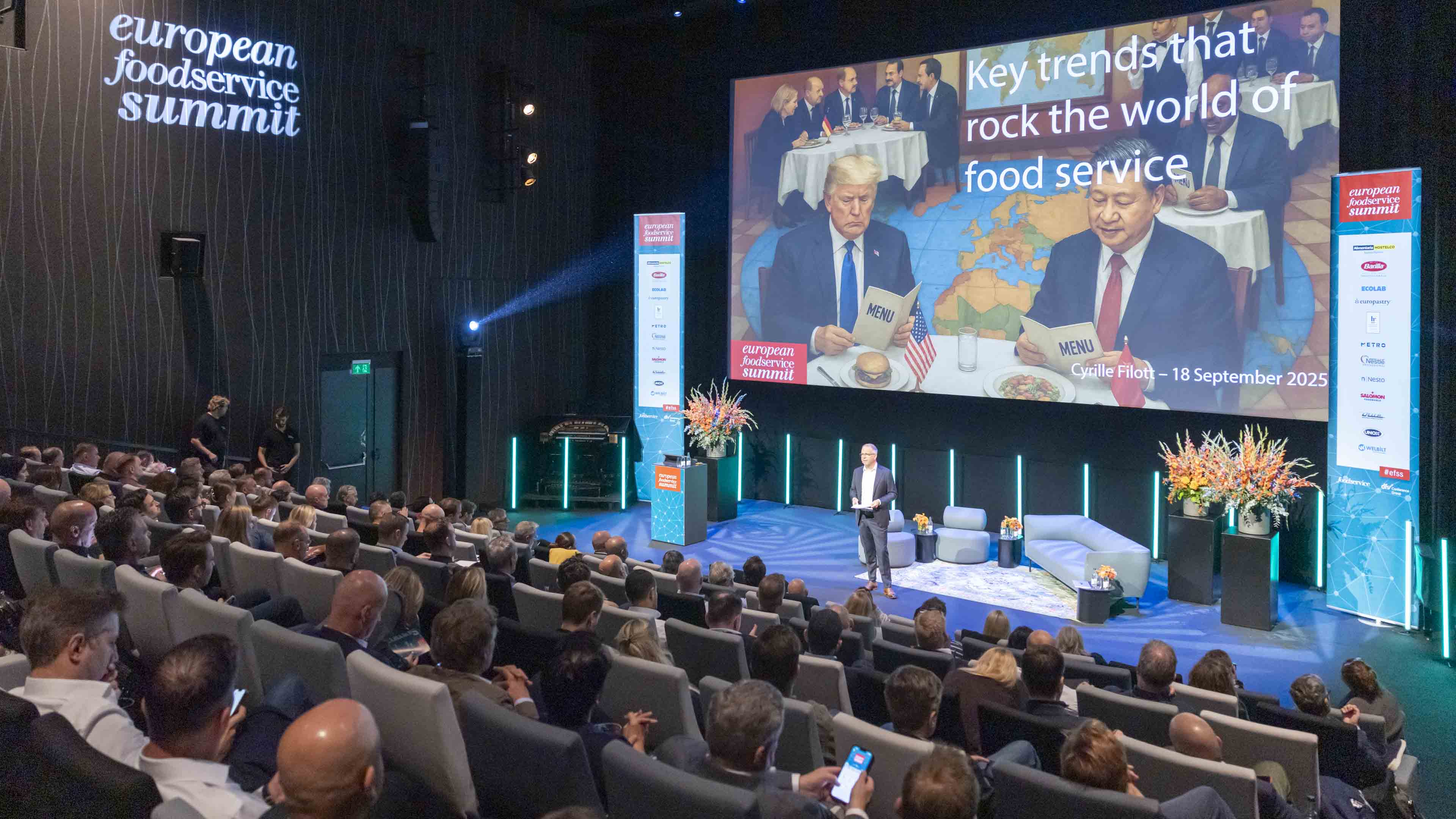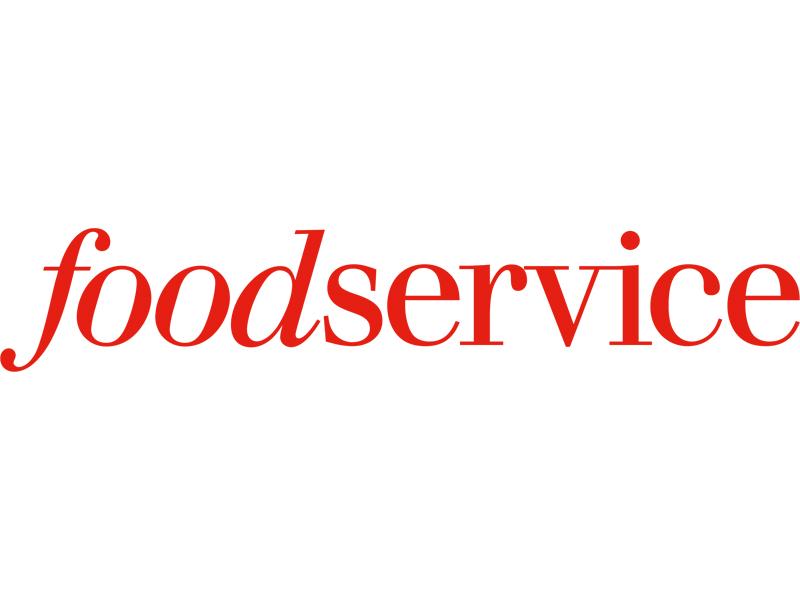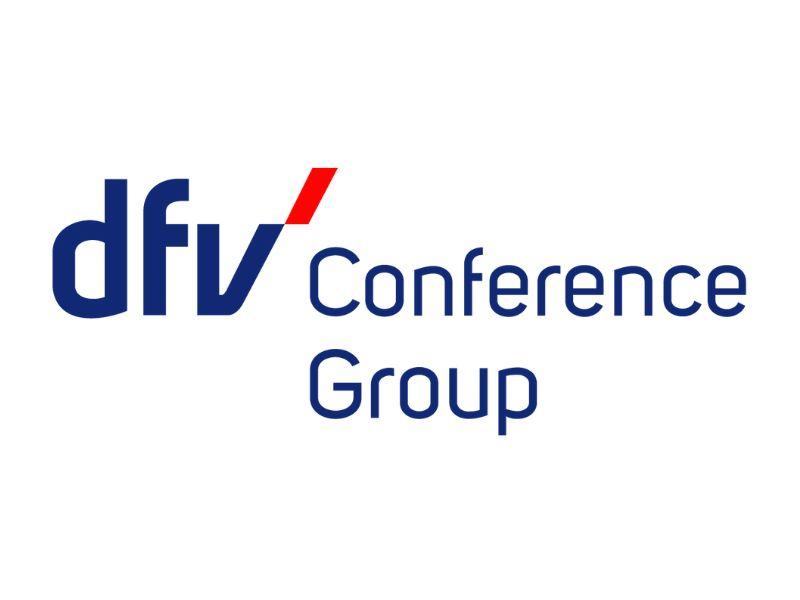Market Data, Resilience, and Crisis Communication
Over 250 participants from 25 countries came together for the 26. European Foodservice Summit in Amsterdam. On the first day, the industry experts gained deep insights into various topics.
For the second time, Amsterdam is hosting the meeting of the European gastro-elite, held for the first time at the iconic Eye Filmmuseum. More than 250 industry professionals from 25 countries gathered at the new waterfront venue on the IJ for the start of the first day. The range of topics on stage and during networking breaks covered everything from the geopolitical state of the world, crisis management, and team building to trends and challenges. The 26th European Foodservice Summit was opened on September 18 by Katrin Wissmann from dfv Mediengruppe.
Geopolitics and Sustainability
As the first speaker, Cyrille Filott from Rabobank shared his outlook on the future of the foodservice industry under changing geopolitical conditions. Filott is convinced that the protectionist US trade policy will continue to alter trade flows. In addition to geopolitics, he sees two other trends that could soon impact the foodservice industry in Europe, originating from the US: the shift away from highly processed foods and the use of weight-loss medications like Ozempic.
Dr. Andy Zynga, Vice President at HITI, an investment fund from Dubai, highlighted the tension between profitability, social responsibility, and sustainability. He stated that it is not only possible but necessary to keep “Profit. People. Planet.” in focus simultaneously.
According to Zynga, there are currently three global forces driving a paradigm shift: (1) changing consumer values, including the view of food as medicine, (2) sustainability, such as reducing food waste, and (3) trust. Especially Gen Z demands clear origin information and transparent communication. He provided numerous examples of how gastronomic concepts worldwide are responding to current developments. “The foodservice industry is changing globally and regionally,” said Zynga.
Modern Challenges and Resilience
In a subsequent panel discussion, Alessandro Preda from multi-concept operator QSRP, Mathieu Herrero from travel gastronomy and airport specialist Areas, and Shine Yang from Uber Eats shared insights into the specific challenges and adaptation strategies of their respective segments. Yang and Preda emphasized the importance of leveraging customer data through loyalty programs (QSRP) or order data (Uber Eats). Herrero also discussed the experiences with the robot concept Self at Barcelona Airport, noting mixed customer reactions – some love it, others hate it. The challenge is to implement technological developments to achieve maximum acceptance among customers and staff alike.
Later, David Jones from Saracens RFC highlighted the significance of resilience and team dynamics in leadership practices. Drawing from his experience in top-level sports, he outlined transferable approaches for employee motivation and team development, stressing the importance of clear role understanding and positive social interaction to lay the foundation for sustained success and efficiency.
Gastronomy in Challenging Times
How do you overcome a severe image crisis and win back lost guests? The German burger chain Hans im Glück experienced a drastic fall in reputation in 2024 after the far-right views of a co-partner surfaced. Johannes Bühler, CEO of Hans im Glück, spoke about the personal and business impact of the crisis, openly discussing how his company addressed the situation and the measures taken to recover.
In a discussion, Anna Kozachenko, founder and CEO of Milk Bar, talked with Marta Pogrozewska (Bread Holdings) about entrepreneurial challenges during wartime. Kozachenko shared insights into managing a gastronomic operation in Ukraine and the brand’s development plans despite uncertain conditions. She emphasized, “Resilience is a muscle you build over time,” and highlighted the need for teams to have a “safe space” while strong leaders provide clear visions and guidelines during uncertain times.
Design and a Special Presentation
To conclude the first day of the summit, Queenie Lo (FutureBrand, formerly Uxus) and Paul Wainwright (Harrison) discussed current developments in international restaurant design. They addressed efficient space utilization, the influence of digital technologies, and the creation of brand experiences. Two keynote speeches delved into aspects of branding and the international implementation of design concepts. “The clearer the client’s vision at the start, the more promising the project’s execution,” Lo explained, with Wainwright emphasizing the importance of KPIs during development.
To close the first conference day, Jasper Udink ten Cate, known as The Creative Chef, captivated the audience. The Dutchman studied law and art history before becoming a chef, and now develops artistic projects where food serves as a medium for multisensory experiences. His surprising works combine taste, sound, touch, and sight – from ceramic salads to still lifes of real, tactile foods.




